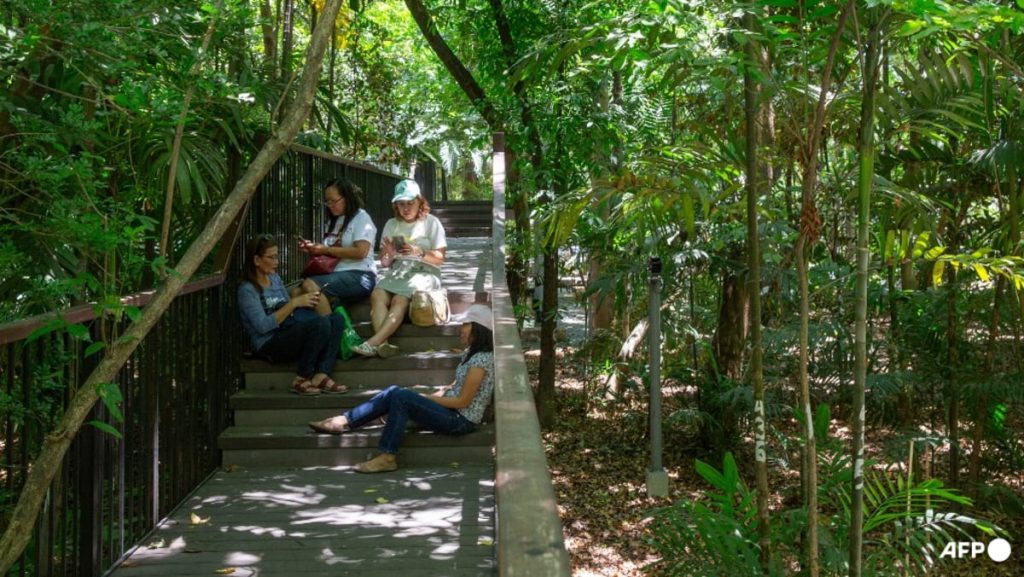ucation department announced on Monday. The suspension is a result of the high temperatures that have been affecting the country, with the heat index reaching over 40 degrees Celsius in some areas. The department also cited the ongoing strike by jeepney drivers as a reason for the suspension, as it could affect the transportation of students to and from school. The suspension will affect more than 25 million students in public schools across the country.
The extreme heat has been a cause for concern for many in the Philippines, with temperatures soaring to dangerous levels in recent weeks. The heat index, which measures how hot it feels when relative humidity is factored in with the actual air temperature, has been reaching levels that pose a risk to health. The department of health has issued warnings about the dangers of heat stroke and other heat-related illnesses, advising people to stay indoors during the hottest parts of the day and to stay hydrated.
The suspension of in-person classes in public schools is a necessary precaution to protect students from the extreme heat and ensure their safety. With temperatures soaring to dangerous levels, it is important to take measures to prevent heat-related illnesses and injuries. By suspending classes for two days, the education department is taking a proactive approach to safeguarding the well-being of students across the country. The decision to suspend classes is also a response to the nationwide strike by jeepney drivers, which could affect the transportation of students to and from school.
The suspension of in-person classes in public schools for two days will have an impact on more than 25 million students across the country. The disruption caused by the suspension may pose challenges for students and their families, especially those who rely on public transportation to get to school. The education department has advised teachers to provide students with alternative learning materials and activities to make up for the missed class time. The department is also exploring options for conducting online classes or remote learning during the suspension period to ensure that students continue their education.
The extreme heat in the Philippines is a reminder of the urgent need to address climate change and its impact on the country. The increase in temperatures and the frequency of extreme weather events are a direct result of climate change, which is caused by human activities such as burning fossil fuels and deforestation. The government and the public must work together to reduce greenhouse gas emissions and transition to renewable energy sources to mitigate the effects of climate change. By taking action to address climate change, the Philippines can protect the environment and the health of its people for future generations.
In conclusion, the suspension of in-person classes in all public schools in the Philippines for two days is a necessary measure to protect students from the extreme heat and the disruptions caused by the nationwide strike by jeepney drivers. The decision to suspend classes is a proactive step to ensure the safety and well-being of students across the country. The extreme heat in the Philippines is a reminder of the urgent need to address climate change and its impact on the country. By taking action to reduce greenhouse gas emissions and transition to renewable energy sources, the Philippines can mitigate the effects of climate change and protect the environment and the health of its people.


